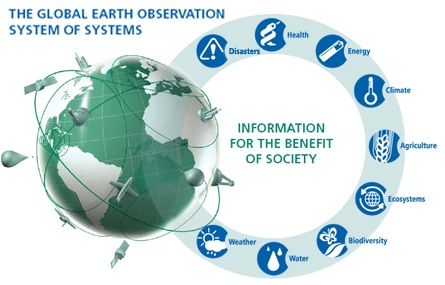Help bridge our open communities: Open Coalition Project Coordinator Job
mercredi 22 janvier 2014 à 23:55
Construction of the Story Bridge, Brisbane, 1939 / State Library Queensland / No known copyright restrictions
Last November, a bunch of us from Wikimedia, Mozilla, P2PU, OKFN, Creative Commons, School of Open, and other communities got together for a session at Mozfest called “Collaborations across the Open Space.” That session not only laid the groundwork for better communication among open organizations, but also resulted in the momentum to draft a job description for a project coordinator who will “support the development of a stronger network of organizations working in the areas of open knowledge and open access.”
The part-time position is being funded by Wikimedia UK with the hope that another organization will pick up it up after the initial 6 month term. The full description is at https://wikimedia.org.uk/wiki/Open_Coalition_Project_Co-ordinator – but here are the highlights of what we envision the person to be doing:
- Have a thorough understanding of issues relating to open knowledge, open access, open source, and open content licences
- Lead on the development of a small event for organisations working in this space, including Wikimedia UK, Open Knowledge Foundation, Creative Commons, Mozilla, Open Rights Group, and OpenStreetMap, among others
- Act as a conduit for organisations acting in the open space, facilitating discussion and collaboration
- Lead on the creation of a website and booklet explaining what it means to be an open organisation, what the “open sector” is and the benefits it brings
- Build a relationship of trust with the group and the wider open community
- Develop and deliver sessions about the open coalition at Wikimania in London, August 2014
The position is based in London, but will be working with open community members from around the world. Have a look at the position and also at the notes from the original Mozfest session for reference.




